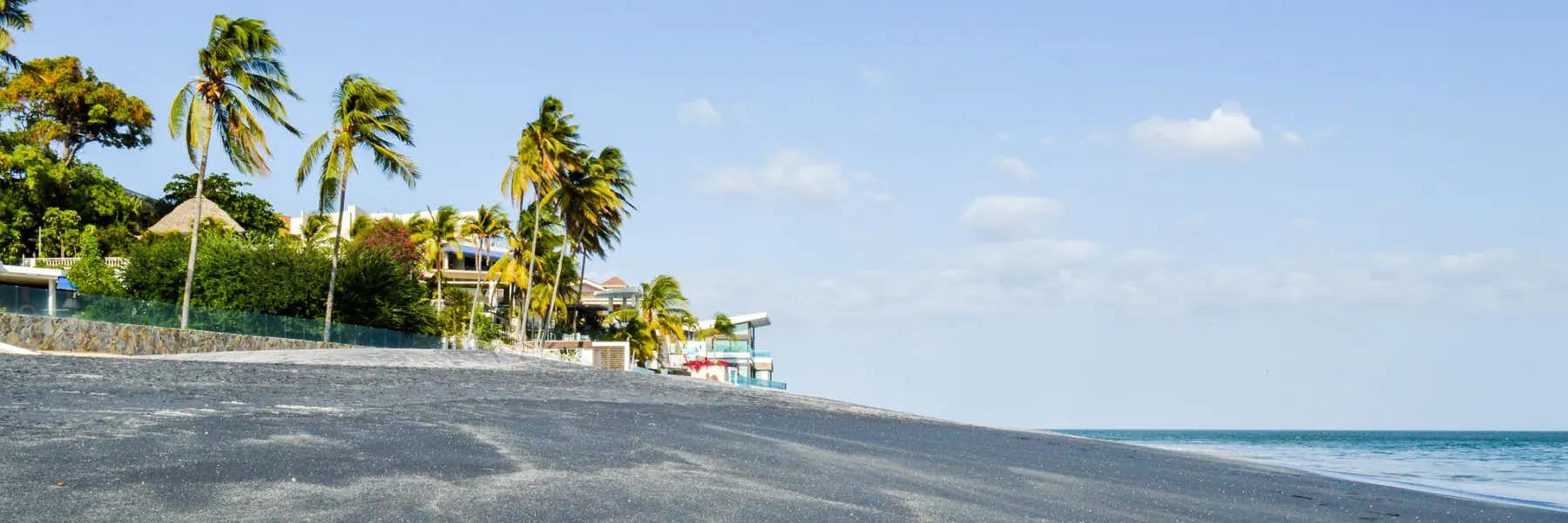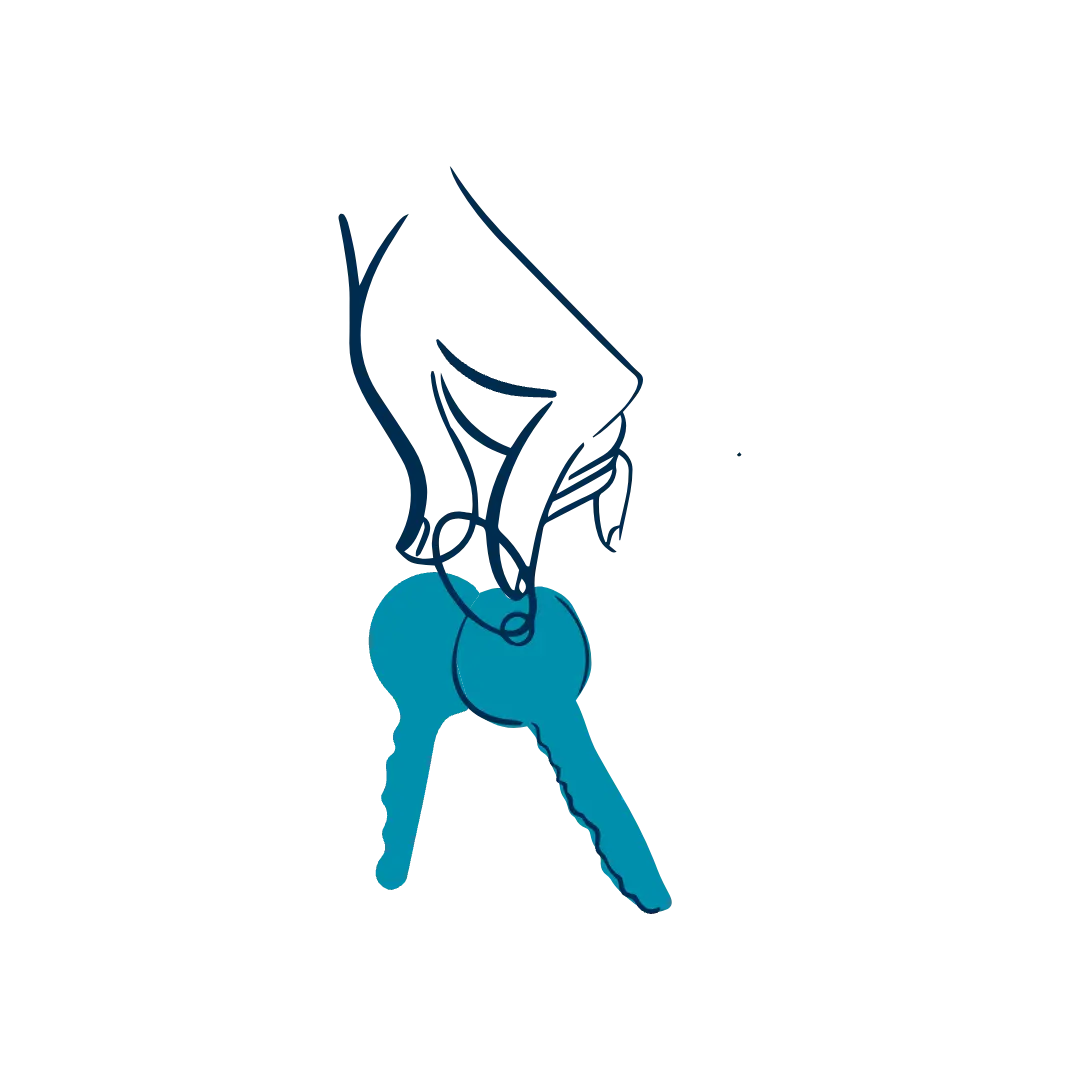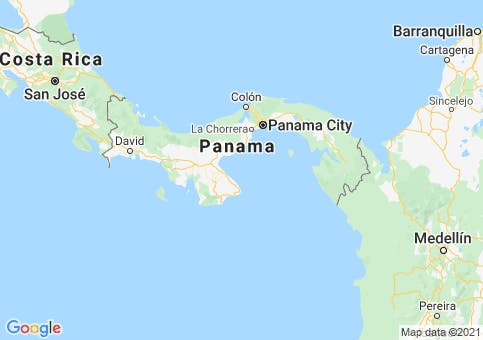By Fred Fleet
If you have ever thought about owning beachfront property, now may be the time to purchase a beachfront lot or a home in Panama.
My wife and I have owned our beachfront home in Playa La Barqueta since 2005 and lately have witnessed an explosion of expats purchasing property and building homes. In the early years of 2008, our community consisted of mainly retirees. The community thrived with excellent communication, social participation, and a desire to learn the culture by educating ourselves in Spanish and the local customs of Panama.
The new wave of residents are not all retirees. A younger generation of expats have embraced the ability to work remotely. These digital nomads are searching for their piece of paradise long before their retirement years and it has led many of them to Panama.
What Has Changed to Make Buying Beachfront Property Easier?
I’ve been interviewing several realtors, especially those who concentrate on selling beachfront property, on what conditions have changed. Is purchasing easier?
My wife and I found our property through a friend. We used the same builder and attorneys, and purchased side-by-side lots. We built our houses with a friendship walk that connected the house so we would not have to walk in the sand to meet.
Our friend found the property through an acquaintance he knew from Panama. After weeks of research, we gathered enough information to convince ourselves that this beachfront property was a good investment.
Unlike some countries in Latin America, Panama has deeded beachfront property. Our concern when we purchased our property in Playa La Barqueta was to ensure that our land had a legal deed and was registered with the government of Panama. Not all properties have these attributes. Playa La Barqueta lots are deeded and can be validated by checking the National Registrar’s office. Most beachfront property in Panama is deeded according to the realtors I interviewed.
Investigating your deeds is extremely important. Though you might have a deed to your beachfront property you might want to check how the deed is registered. Is your property “Free and Clear Without Restrictions” or it is a “Restricted Deed”? In our case, we have an Unrestricted Deed which means we are not beholden to anyone. A Restricted Deed might limit your options. Consult with your attorney to make sure you understand your rights.
Finding an Attorney
Realtors in Panama have relationships with various attorneys. Eric Durocher of Casa Solutions suggests that you interview various attorneys recommended by your realtor and then decide on an attorney that fits your needs and comfort.
Realtors also position themselves as a liaison between the owners and the sellers. They work with both sellers and buyers on a continuous basis, however, the realtor also provides added value to the buyer with information on immigration, builders, and cultural advice. “The deal does not end, just because you purchase the house,” said Durocher.
I cannot express how important it is to find a good attorney. In our experience in 2005, we went through several attorneys from immigration to setting up our non-profit Foundation. We found at that time that each attorney specializes in certain things. For example, one attorney might be great when it comes to setting up your Foundation and registering your property but perhaps not as knowledgeable about immigration requirements.
Becoming a Legal Resident
In 2005, my wife and I came in under the retirement visa called the Pensionado. The requirement for the Pensionado is still about the same. My wife and I had to provide documentation that we were receiving retirement income with at least $1,000 a month if single or an extra $250 per couple. My wife retired from IBM and received a pension for the rest of her life. We also provided a report from our residing state (this might be required from FBI now) that we did not have a criminal record of any kind. Other various documents required special certification. We also qualified because we purchased property and built a home worth more than $100,000.
In Panama the retirement age starts at 55 years old for women and 60 years old for men. The Pensionado gives an expat the same benefits as a Panamanian senior citizen. Currently some of the benefits include:
Bi-annual exemption for importing a new car
A one-time duty exemption of importing household goods valued at $10,000
50% off entertainment, movies, concerts, sports, hotel stays from Monday to Friday
30% off bus, boats, and train fares
20% off medical consultations, doctor/lab visits, professional and technical services
15% off fast-food restaurants, hospital bills (if no insurance applies), eye exams, and dental visits
10% off medication
My wife and I have taken advantage of all these opportunities over the years by traveling within Panama as well as out of Panama, purchasing medication at a discount at the local pharmacies, and going to movies just to mention a few advantages.
Though the Pensionado is issued for life, a few years ago our attorney suggested that we apply for an updated resident card. Panama began to require that all residents should have a legal residency card called an e-cedula. My wife and I went to Panama City in 2016 and with the help of our attorney got our e-cedula which most places now ask for as a means of identification instead of the Pensionado card. The e-cedula is good for 10 years.
The Friendly Visa
According to several realtors, more non-retirees are entering Panama these days and using the Panama Friendly Visa for residency.
We met Jeff and Marge from Canada who are in their mid-50s and are not old enough for retirement benefits but came through the Friendly Visa program. They explained how they navigated through the process to obtain residency.
Panama’s Friendly Visa program was first implemented in August 2021. This provision was created with countries like Canada and the United States (other countries are included) with economic or professional ties to Panama for conditions of residency.
This immigration program first grants provisional residency if you can show economic responsibility by having an employment contract for two years with a Panamanian company or placing $200,000 in a Panamanian national bank. The monies could be used to purchase property or build a house on the beach.
After two years your provisional residency status will be reviewed. If all the criteria are met, then you will be able to apply for permanent residency.
Panama continues to attract a growing number of digital nomads as they are called; those who can work from home. Several new neighbors on the beach fall into this category. Elliot and Samantha left South Africa and own their company. Elliot told me, “The Friendly Visa gives us the flexibility to reside in Panama and use our skills to stay self-employed.“
Since Covid, according to some conversations I have had with realtors, they have witnessed an influx of new businesses and digital nomads just working from home and coming in on the Friendly Visa program. This is the breakdown of requirements and fees:
5 passport photos
Passport and second ID like a driver’s license
Clean criminal record (required from FBI)
$800 to National Immigrant Service
$250 to the National Treasury Application fee
Health certificate from a local doctor
Always check with your legal counsel about fees and current requirements. Some of the fees to set up a Pensionado and Friendly Visa can change. Our experience is that Panama develops new policies and requirements often.
Living on the Beach: Making Your Life Enjoyable in Panama
Being a resident of Panama for over 15 years, I offer this advice to new residents: you must keep learning about your environment, be patient, and always be respectful. One essay or article is not going to answer all questions. Our new beach neighbor Jeff from California has the best attitude. He loves the beach, and he said he is going to learn more about the culture, learn Spanish, and surf every day. (Lots on the beach range between $35,000 to $65,000 depending on how close you are to the beach, houses between $345,000 to $700,000.)
If you try to bring an attitude of how things should work in Panama from the culture you’re coming from then expect a lot of frustration. My advice is to learn these two words in Spanish: paciencia (patience), tranquilo or calma (calm), and you will do well in Panama!
Get Your Free Panama Report Today!
Get Your Free Panama Report Today!
Learn more about a healthier outdoor life in Panama and other countries in our daily postcard e-letter. Simply enter your email address below and we'll send you a FREE REPORT -- Panama: Easy, First-World Living and the World’s Best Retiree Program.

By submitting your email address, you will receive a free subscription to IL Postcards and special offers from International Living and our affiliates. You can unsubscribe at any time, and we encourage you to read more about our Privacy Policy.














